10 Surprising Ways Coffee Can Harm Your Dog

The comforting smell of coffee might perk up your mornings, but for dogs, it’s a recipe for trouble. Their sharp noses can’t resist the allure, yet even a small sip can cause serious health risks. Let’s take a closer look to understand why keeping coffee out of reach is a must for every dog owner.
Overstimulating the Nervous System
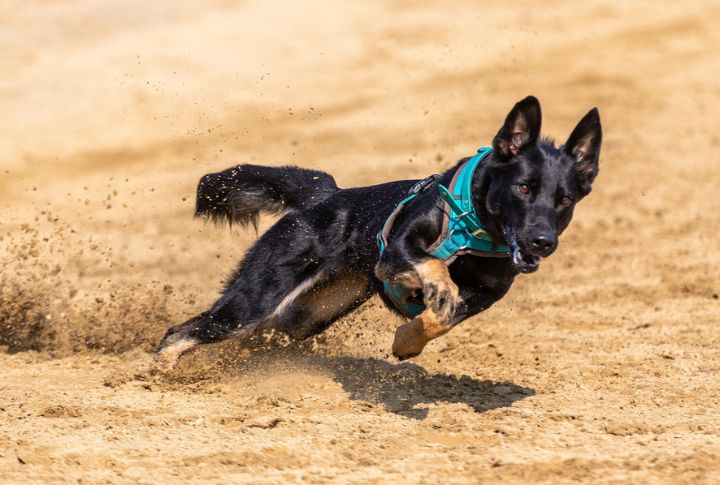
Caffeine jolts your dog’s nervous system like a shockwave. Suddenly, they’re restless, pacing, or trembling, unable to settle or relax properly. This hyperactivity isn’t cute—it’s a clear sign of dangerous overstimulation. Even a small amount of coffee can lead to these reactions in dogs.
Racing the Heart Rate

Imagine your dog’s heart pounding as if they just sprinted a marathon. That’s what caffeine does, pushing their heart rate dangerously high. Arrhythmias and irregular rhythms often follow, and leave their cardiovascular system in overdrive. This is one reason caffeine exposure needs urgent care.
Causing Severe Gastrointestinal Issues

A stolen coffee spill might seem harmless, but soon the aftermath hits: vomiting, diarrhea, and abdominal distress. Your dog’s digestive system reacts harshly to caffeine. Left unchecked, these symptoms lead to dehydration and electrolyte imbalances, making even small doses a serious issue.
Triggering Muscle Tremors
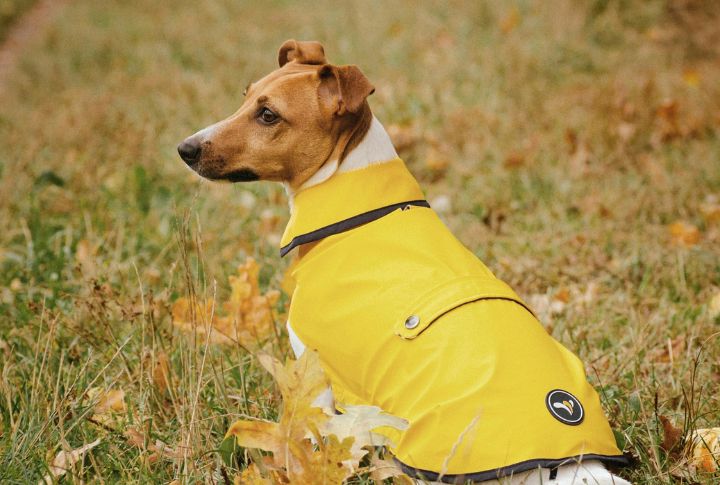
Ever seen uncontrollable shaking in a dog? It’s not just nerves—it’s a caffeine-induced tremor. These involuntary movements occur as their muscles struggle under the stimulant’s effects. If untreated, what starts as tremors could escalate to full-blown seizures, eventually becoming an emergency.
Raising Blood Pressure
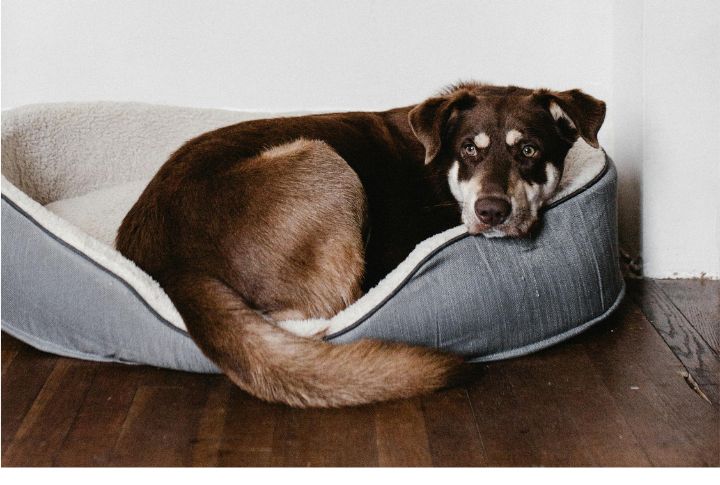
Caffeine cranks up more than energy; it also spikes blood pressure. In dogs, this creates strain on vital organs, especially the heart and kidneys. Elevated pressure isn’t just a momentary issue—it risks long-term damage, which makes caffeine a dangerous household hazard.
Interfering With Natural Energy Levels
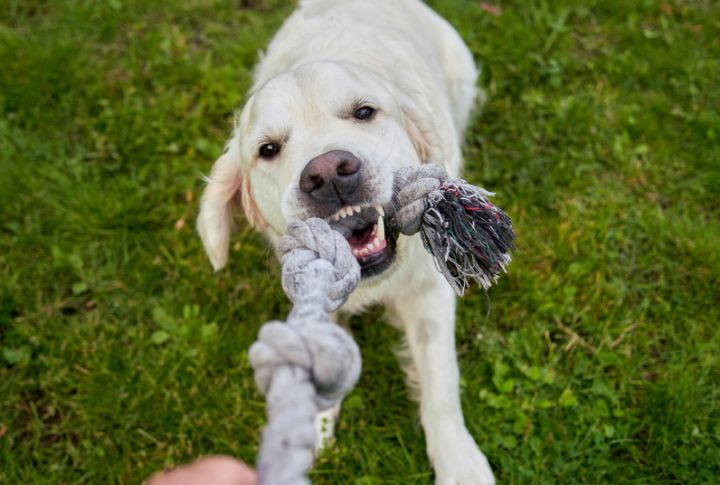
Caffeine throws off your dog’s natural rhythm and replaces steady energy with erratic spikes and crashes. These disruptions not only cause exhaustion but also stress their metabolic systems. It’s like pulling an all-nighter—your dog’s body just isn’t designed to recover from that kind of strain.
Elevating Body Temperature
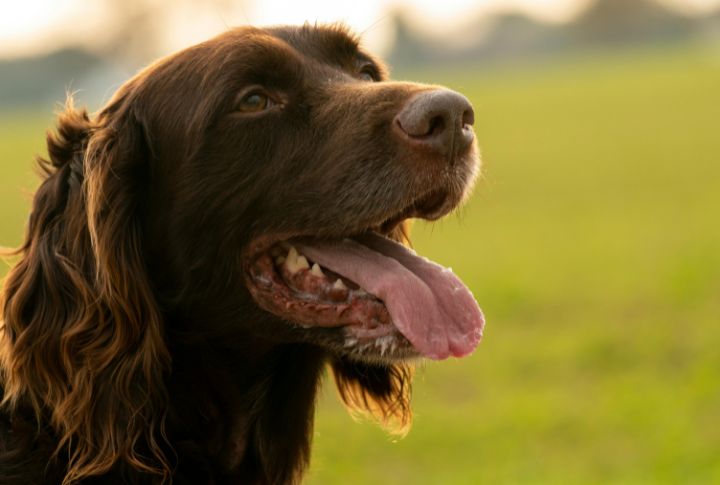
A dog’s body isn’t built to handle caffeine’s heat. Hyperthermia, where body temperature rises dangerously, can occur after ingestion. The warning signs of hyperthermia include panting excessively or lying uncomfortably. Without intervention, this condition spirals quickly into life-threatening territory.
Leading to Potential Organ Damage

Coffee is not all about caffeine; other compounds in it can push a dog’s organs into overdrive. The kidneys and liver, already sensitive to toxins, are especially vulnerable. Regular exposure or a single large dose can lead to reduced organ function or worse.
Causing Respiratory Distress
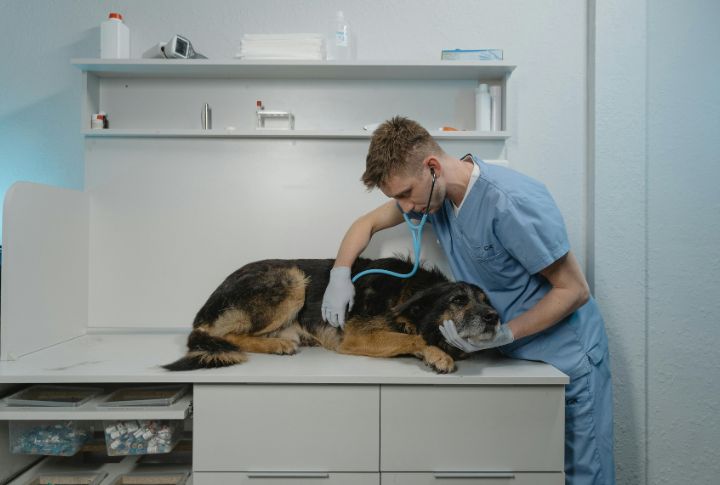
A dog struggling to breathe isn’t something any owner wants to see. Caffeine affects respiratory muscles, causing labored or shallow breathing. This symptom, though rare, signals severe toxicity. At this point, immediate veterinary attention is the only way to prevent further complications.
Complicating Recovery From Toxicity

Even after caffeine leaves their system, recovery can be slow. Dehydration, organ strain, and prolonged behavioral effects make post-coffee incidents more than a one-time scare. This is why it’s critical to secure coffee grounds, beans, and mugs far out of your dog’s reach.





